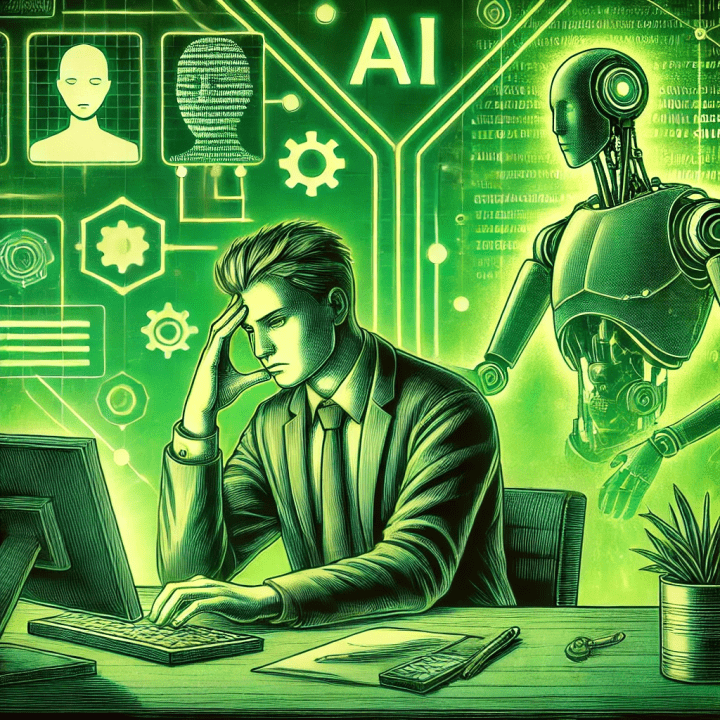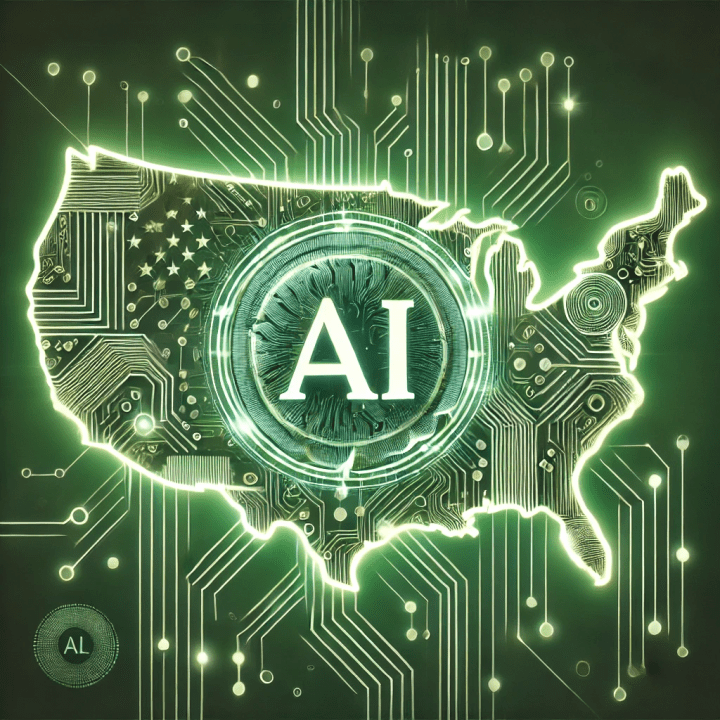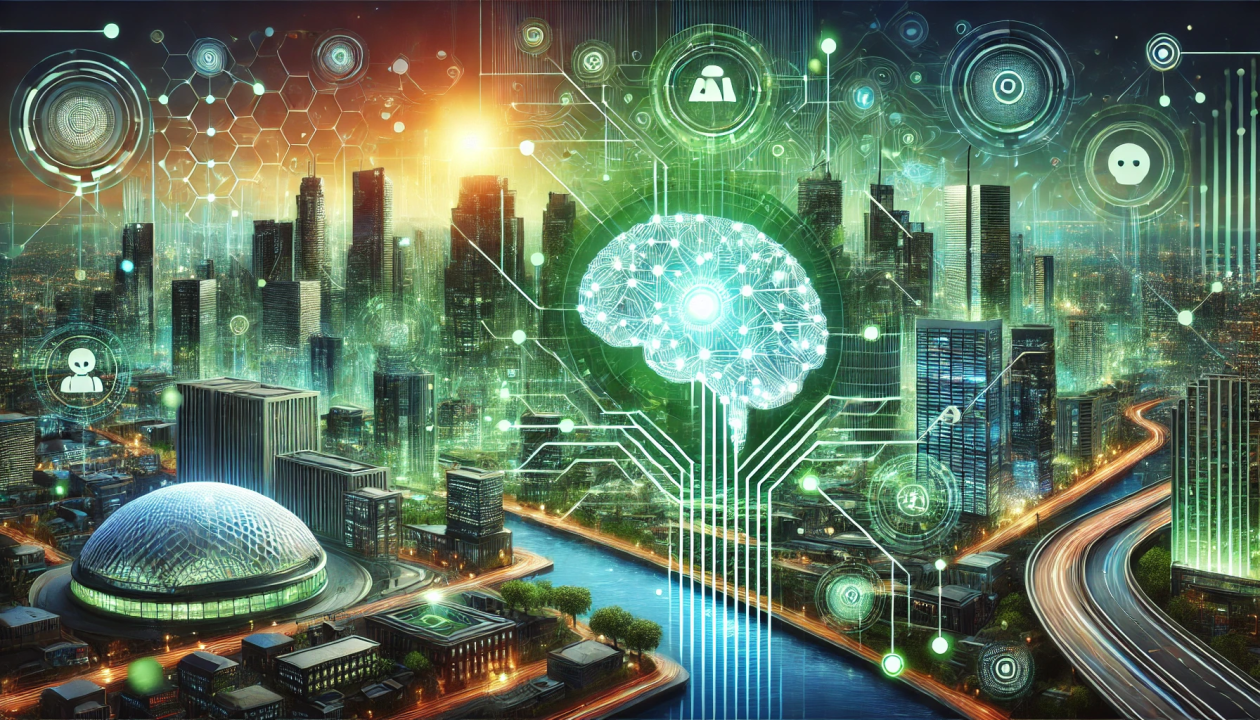Here’s the truth: No matter how secure you feel in your job, AI is coming for it. It’s not a matter of if—it’s a matter of when.
Think I’m exaggerating? Let’s rewind 20 years.
Print journalists: Thriving in the early 2000s. Now, most of those jobs are gone, replaced by digital platforms and AI-generated content. Travel agents: Once essential for booking trips, now obsolete thanks to tools like Expedia and AI travel assistants. Stockbrokers? Algorithms have taken over high-frequency trading. Proofreaders: Grammarly does it faster and cheaper. Loan officers: AI evaluates creditworthiness in minutes.
The list goes on and on. These were solid, reliable careers. Today, many are history.
So, What’s Next?
The next five years will make the last 20 look slow. AI isn’t just replacing jobs—it’s changing how entire industries operate.
In healthcare, AI is already diagnosing diseases more accurately than many doctors, putting radiologists at risk. Surgeons are not immune either, as AI begins to assist with procedures—and it’s only improving. In education, personalized learning platforms are transforming how students learn. While teachers won’t vanish entirely, the demand for them will decrease. In transportation, self-driving trucks and delivery drones are reshaping logistics, signaling a countdown for drivers’ roles. Your general practitioner could soon be a thing of the past, with human involvement in diagnosing illnesses or interpreting lab reports fading away.
Even creative industries are not safe. AI tools are creating music, art, and videos in minutes—what used to take entire teams now takes a single person with the right software.
“But AI Will Make Us More Productive, Right?”
Sure, AI will boost productivity. It’ll automate the boring stuff, help you work faster, and make your life easier. But here’s the kicker: with more productivity comes fewer jobs.
If one person can do the work of five thanks to AI, why would a company keep five people on payroll? They won’t.
A McKinsey report estimates that 375 million workers worldwide might need to switch careers by 2030 because of automation and AI. That’s not a prediction—it’s a warning.
AI Is Moving at Warp Speed
Let’s talk about the pace of AI.
Remember when ChatGPT launched? It hit 100 million users in two months. That’s faster than Instagram, TikTok, or any other tech in history.
AI is generating art, writing code, and even creating entire businesses faster than humans ever could. It’s already solving problems that seemed impossible just a decade ago.
This isn’t just another tech evolution. It’s the single greatest technological achievement in human history.
So, What Do You Do?
If you’re wondering how to protect your job, here’s the hard truth: you can’t. But you can prepare for what’s next.
- Upskill: Learn something AI can’t do—yet. Creativity, emotional intelligence, and complex problem-solving are still areas where humans have the edge.
- Work With AI, Not Against It: Master the tools that are reshaping your industry. The more you know about AI, the more valuable you’ll be.
- Be Ready to Pivot: Your career path won’t be linear anymore. Stay adaptable, because change is the only constant now.
- Invest in Lifelong Learning: Whether it’s online courses, certifications, or workshops, keep learning. If you’re not evolving, you’re falling behind.
Here’s the Big Picture
AI isn’t coming for just one industry or one type of worker—it’s coming for all of us. Blue-collar, white-collar, it doesn’t matter.
The next decade will bring challenges, but it will also bring opportunities for those who are ready to adapt. The question isn’t, “Will AI affect me?” It’s, “How will I respond when it does?”
The time to start preparing isn’t tomorrow it’s today.
Are you ready?





